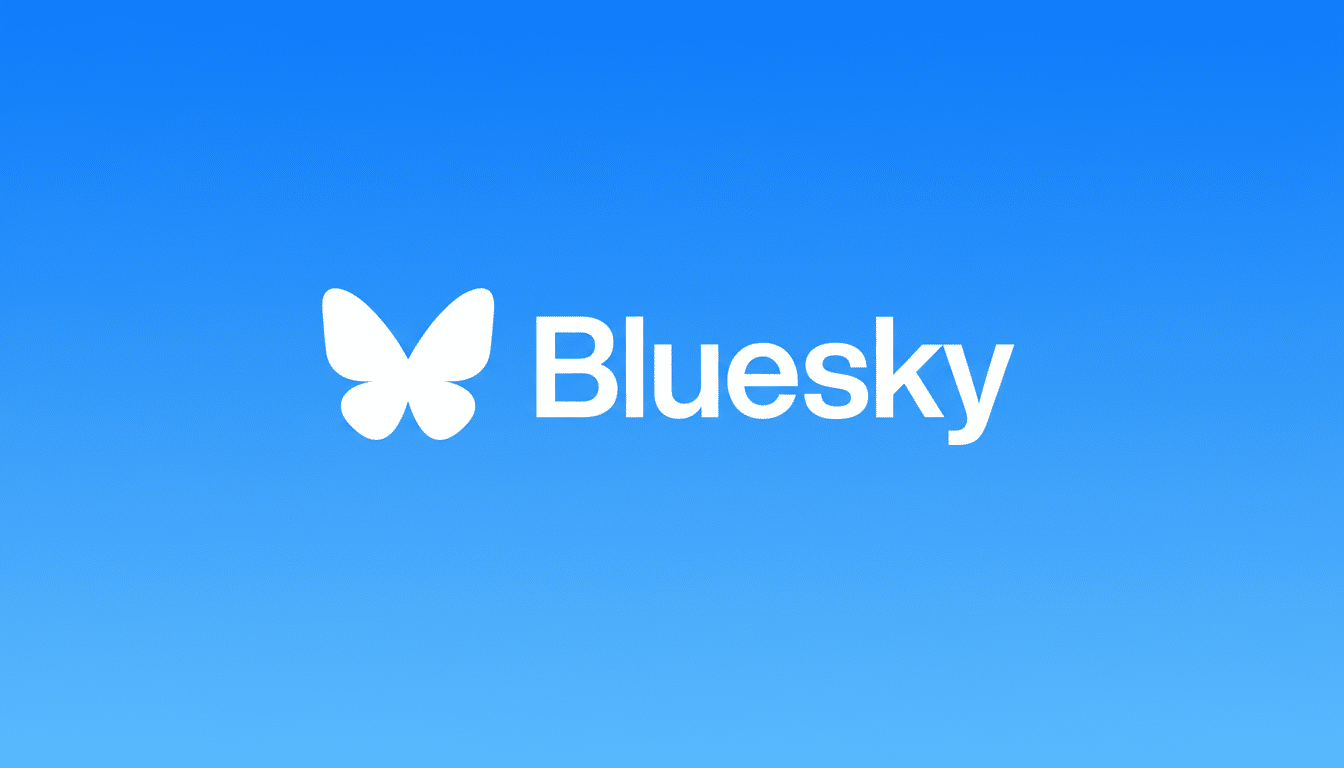Bluesky is adding private bookmarks, which it calls “Saved Posts,” offering users a way to privately hoard posts to review later without signaling that a user liked it or intended to say more. It materializes as a new bookmark icon directly below the post, alongside the heart, and all saves are rounded up in a dedicated Saved section in the main navigation of the app.
On Bluesky, likes are public intelligently so that everyone knows they are there, because the AT Protocol that underlies it presumes most account interactions are data that’s meant to be visible and portable. Saved Posts perform a separate job: quickly squirreling something away without broadcasting the squirrel. That distinction matters to power users. A save is research; a like is a statement.

Why private saves matter
Public likes can chill engagement. X, for instance, has hidden users’ likes to lessen social pressure and reputational risk around more “edgy” content. Privacy advocates, including the Electronic Frontier Foundation, have long warned that the data on public reaction could overpromote people’s interests and networks, even when they don’t mean to do so. A private save imposes control on the one doing the reading.
Use cases are clear: for reporters who are building a sourcing trail, researchers who are tracking an evolving narrative, creators who save reference, people that don’t want articles shared to their reading habits tied to their public IP address. Many Bluesky users have ended up replying to themselves with a pushpin emoji as a sort of clumsy bookmark; the platform will now present a clean alternative and a migration tool to collect those pinned replies into formal saves.
Designed around AT Protcol limits
There’s a technical backstory. Yet Bluesky and other Confederated Apps are not yet supported by the AT Protocol as a first-class feature end-to-end private encrypted personal data. Likes are public by default because they’re part of the portable social graph. Private saves do not follow that model.
To ship the feature now, Bluesky is keeping Saved Posts off-protocol, the way it does with direct messages. But making it a separate space is what keeps saves private — and introduces the tradeoff that we can’t (yet) have them portable between third-party AT Protocol clients. When (and if) the protocol does adapt a common standard for off-line data, Bluesky could move the saves into that layer, so that they can go wherever the user wishes to go.
There is a certain pragmatism to the move product-wise. Today the company is thoughtful about individual privacy and also open to future interoperability. The AT/Protocol documentation has always talked about portability and owner control, carrying on that theme to private state is a logical next step for the ecosystem.

Signals, metrics, and how they affect creators
Private saves tack on an additional, invisible signal to Bluesky’s engagement stack. Likes remain the public social proof; saves save intent without the performance aspect. On other platforms, growth teams will often treat saves and shares as stronger signals for predicting the value of content than likes –– they imply more lingering utility or relevance. Anticipate creators to request save analytics — aggregate counts alone, thank you, not identities — to tune in on what really sticks.
Discovery could also benefit. Custom feeds in Bluesky currently support independent ranking logic. If the platform can share non-identifying save counts with feed builders (or anyone else!), they might use “save-ness” for quality signals in a privacy respectful way. That would resemble the way some networks task third-party tools with access to engagement aggregates without revealing who did what.
Power user smoother workflow
Saved Posts streamline everyday workflows. Instead of polluting likes with things you just sort of like or lobbing posts at yourself to generate self-replies, you could relegate posts to a private, browsable queue. For journalists or researchers, it’s also a safer pattern: you can keep tabs on what’s will eventually become hot topics and sources without tipping the hand. For the casual reader, it’s the difference between “I’ll read this later” and “I support this.”
The feature arrives alongside continued product momentum. Bluesky has added some more media: this week it centralized media uploads around a single button for photos and videos, have feedback tools for custom feed creators and are beginning to introduce “Starter Packs” — a simple way for curators to recommend people to follow. Taken together, these updates lean toward utility, not just conversation.
What to watch next
Which brings us to the big question: protocol-level privacy. If the AT Protocol codifies encrypted personal data, Saved Posts might travel between compatible apps without losing their security. That would be a high bar of decentralized social: user-owned identity, portable-public graph, and truly-private personal state.
Until then, Bluesky’s private bookmarks are a pragmatic victory. They respect the way people actually use social platforms — to read, research, return, then click through and purchase — without demanding public performance. For a platform built on openness, providing more avenues through which people can be private is a wise, if long overdue, step.

